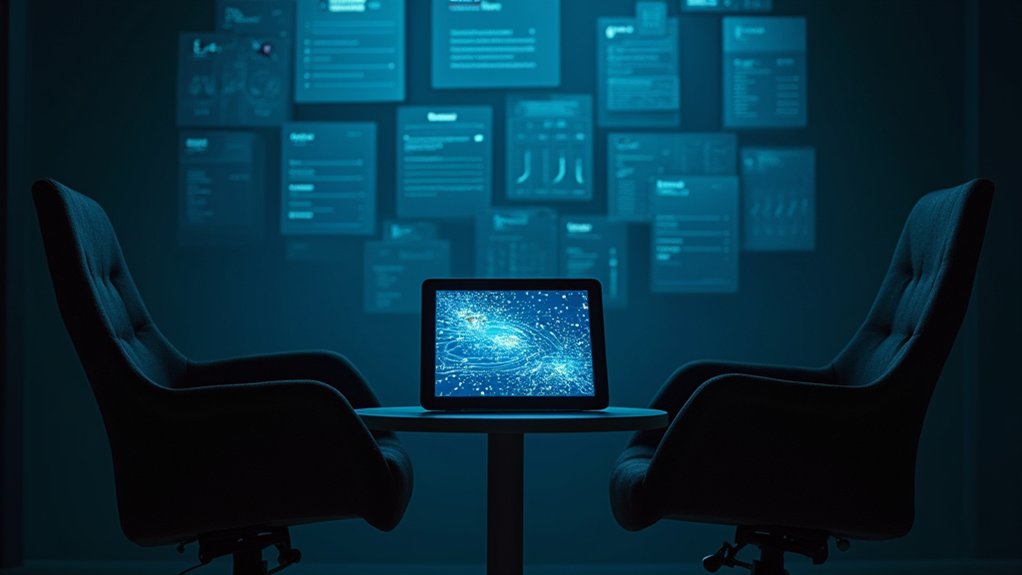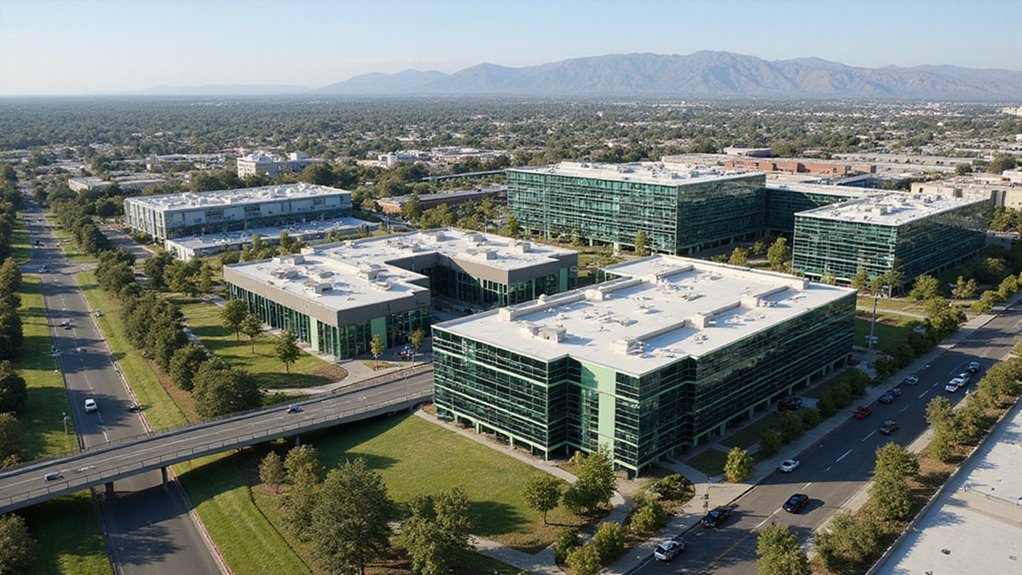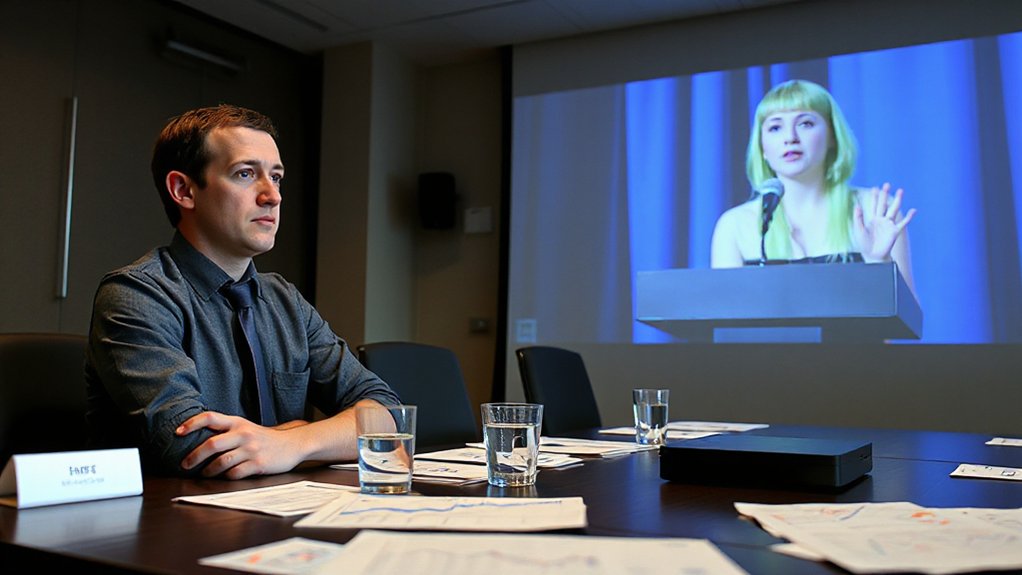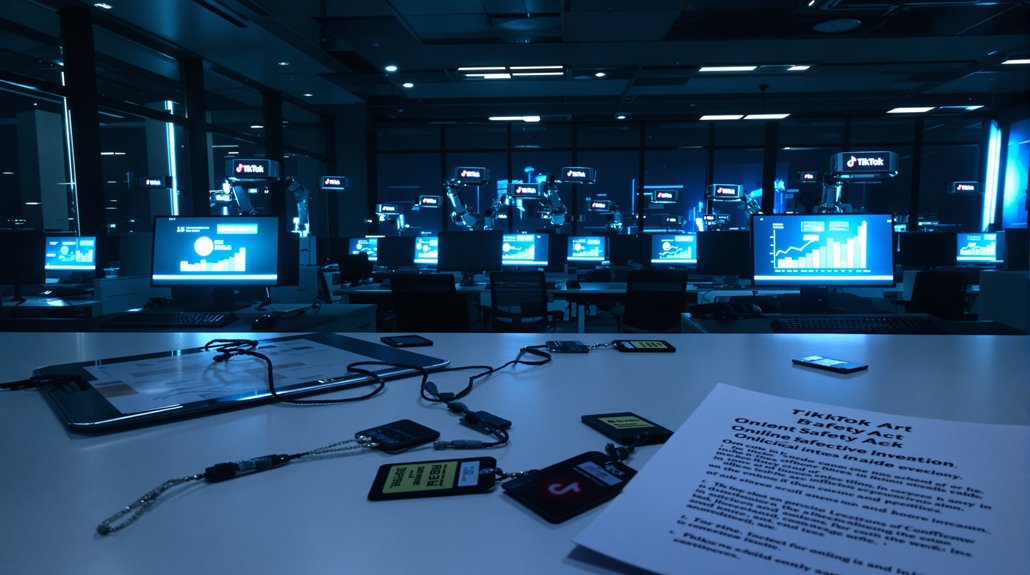As artificial intelligence becomes more common in hiring practices, new research shows it may be making discrimination worse, not better. A recent University of Washington study found that advanced language models favored white-associated names in 85% of cases when ranking identical resumes. Female names were preferred in just 11% of cases, while Black male names were never favored over white male names.
These findings are particularly concerning as 99% of Fortune 500 companies now use automation in their hiring processes. Many employers believe these systems reduce human bias, but the evidence suggests otherwise. AI tools are often evaluating candidates based on facial expressions, tone of voice, and word choices during video interviews.
The discrimination impacts vulnerable Australians from many backgrounds. Indigenous applicants, women, older job seekers, and people with disabilities face significant disadvantages. For example, AI systems may penalize candidates whose speech patterns or facial expressions differ from what the algorithm considers “normal.”
AI hiring tools magnify inequality for Indigenous people, women, older workers, and those with disabilities by penalizing “non-standard” expressions and patterns.
The problem stems from how these AI systems learn. They’re trained on historical hiring data that already contains biases. If a company previously hired mostly young white men, the AI learns to prefer candidates with similar characteristics. This creates a cycle where systemic discrimination gets reinforced rather than reduced.
What makes this situation worse is the lack of transparency. Most AI hiring tools are proprietary “black boxes” that can’t be examined independently. When candidates are rejected, they rarely receive explanations about how the AI made its decision. Applicants often lack awareness that AI is being used to evaluate them during the hiring process.
The impact on diversity is measurable. Studies show that AI screening can decrease diversity in candidate shortlists when applied to biased historical data. This contradicts many companies’ stated diversity goals.
Public opinion is divided on AI’s role in hiring. Black adults are more skeptical about AI reducing racial bias than other ethnic groups. Research also reveals that intersectional bias patterns create unique harms against certain demographic groups that aren’t visible when analyzing race or gender separately. As these tools spread through Australian workplaces, calls are growing for independent audits and regulatory oversight to guarantee they don’t silently perpetuate discrimination.
References
- https://www.washington.edu/news/2024/10/31/ai-bias-resume-screening-race-gender/
- https://www.aclu.org/news/racial-justice/how-artificial-intelligence-might-prevent-you-from-getting-hired
- https://www.pewresearch.org/short-reads/2023/04/20/most-americans-say-racial-bias-is-a-problem-in-the-workplace-can-ai-help/
- https://www.lewissilkin.com/en/insights/2023/10/31/discrimination-and-bias-in-ai-recruitment-a-case-study
- https://www.computer.org/csdl/magazine/co/2024/10/10687332/20tjiCughO0









